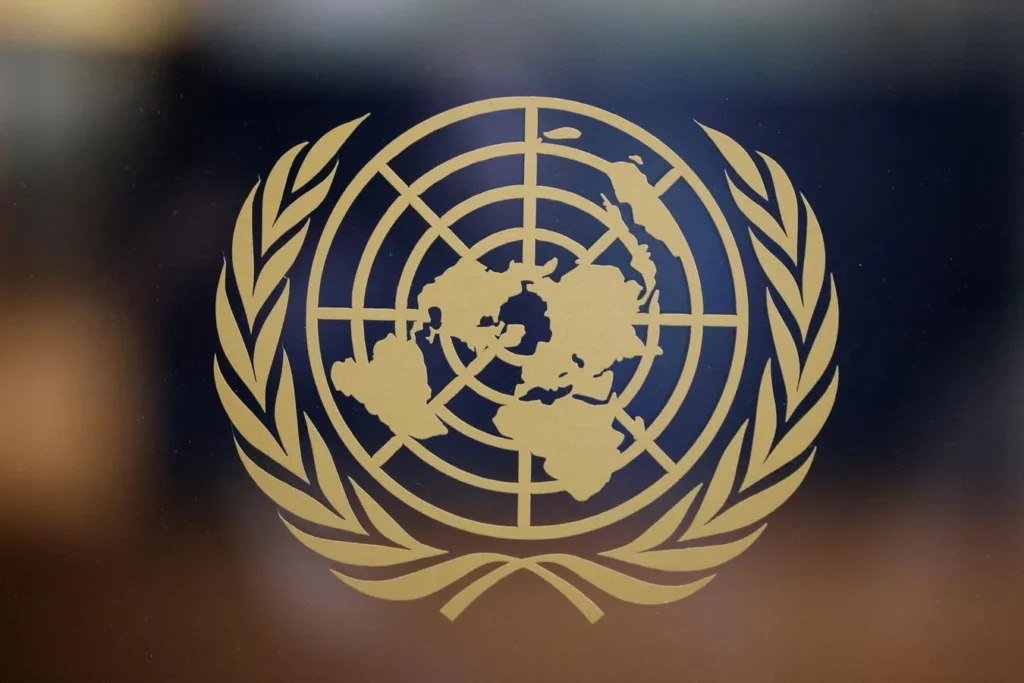
UN Input On AI: Winners, Losers, And Opportunities
The United Nations office of Trade and Development (UNCTAD) has released a report on artificial intelligence, which highlights the socioeconomic implications of AI and offers policy recommendations to ensure equitable technological progress. The 2025 report emphasizes that while technology can drive economic growth, it is not a guarantee of fair income distribution or inclusive human development.
The findings of this report have significant implications for various stakeholders across the globe. According to the report, AI will affect up to 40% of jobs globally, and this impact will be concentrated in a specific cluster of companies, with around 100 companies driving 40% of global R&D investments.
In terms of funding, the report notes that the United States holds a significant lead in private AI investment, accounting for $67 billion in 2023. China and India also have notable amounts invested in AI, with figures of $7.8 billion and $1.4 billion, respectively. This highlights the stark disparity between developed countries and developing nations.
Furthermore, the report suggests that over 118 countries are being left out of the global discussion on AI, emphasizing the need for greater collaboration to ensure a more equitable distribution of AI benefits.
The report provides recommendations for addressing these disparities. It advises investment in infrastructure, data, and skills to support the development of these new technologies. Additionally, it suggests establishing a “shared AI resource facility” and a “public disclosure framework” to facilitate international cooperation on AI policies.
As I reviewed this report, I was surprised by its visual and engaging presentation style. The data is presented in an interactive format that makes it easy for readers to navigate and understand the implications of these findings.
Source: https://www.forbes.com/sites/johnwerner/2025/04/13/un-input-on-ai-winners-losers-and-opportunities/


